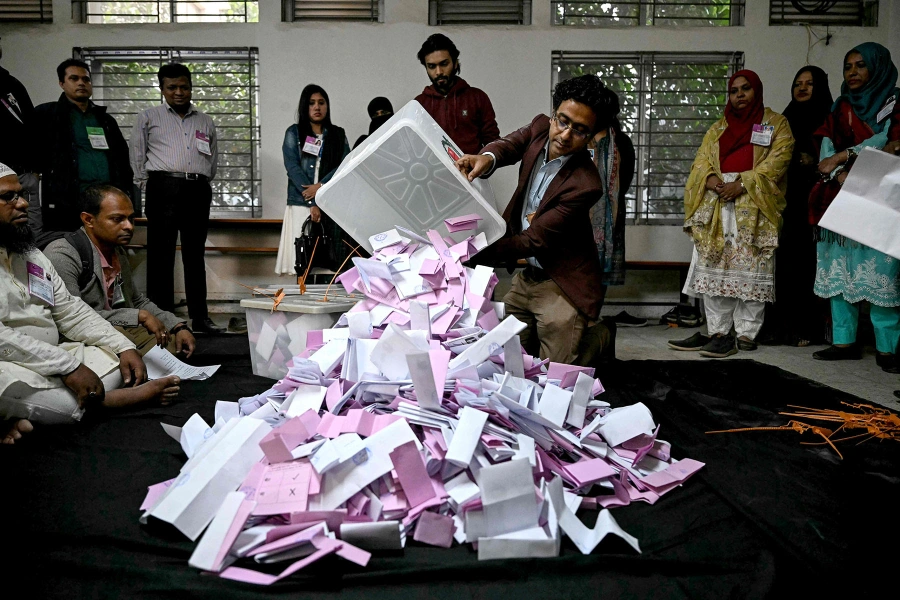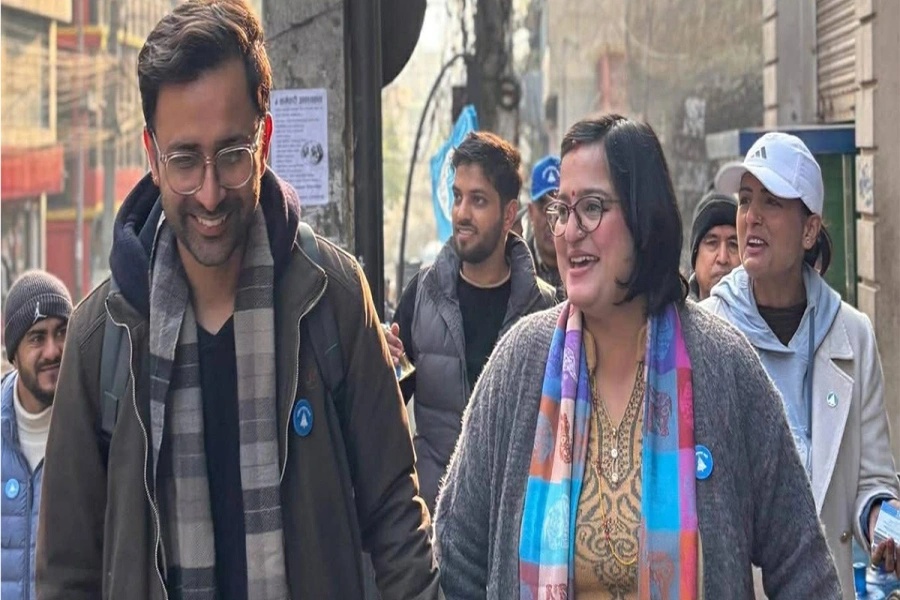The Ministry of Education, Science and Technology has come up with a very interesting idea of evaluation and assessment of students. The ministry has decided to include in the school grading system household chores that students do and the life skills they learn while doing those chores. Apparently, the aim is to enlarge the parameters of student evaluation beyond the traditional written examination to one that is multi-dimensional in nature, encompassing labor, life skills, and contributions to the family and community. While apparently meritorious, the practical implementation of this concept brings about a number of pressing questions that need scrutiny and careful planning for its success.
The idea emphasizes assessing students for various skills, like cooking, washing clothes, taking care of siblings, plowing, cutting grass, etc. The approach tries to fill the gaps that textbook learning creates with practical applications and contributions toward life. The whole process perhaps aims to establish that education covers character building and responsible living preparation besides academics.
While it may seem a noble enough idea, a lot of practicality problems arise therein, not the least of which would be a question of the schools checking for students doing work at home: will the schools rely on the parents or guardians for such assessment? And then how does each school check its correctness and veracity? As with parents or guardians on phone calls, one will get exaggerations, or outright untruths can become the norm for better grades.
The other option of checking student work at home by sending school representatives home is just a logistical nightmare apart from being highly resource-intensive. Most schools, especially those in rural and under-resourced regions, lack the infrastructure and staff for this. Requiring students to submit proof, such as video clips or photographs of their work, raises concerns related to privacy and the digital divide.
Heart to Heart with Malvika

Another critical concern is the distinguishing of fact from fiction. If the students or their parents misrepresent or lie about the nature and degree of household contributions, how are schools to detect such discrepancies? Any absence of strong mechanisms for verifying the claims could undermine the credibility and fairness of the grading system, therefore encouraging dishonesty.
The possibilities for bias in evaluation are also considerable. Teachers could easily, unwittingly favor some kinds of students, further entrenching efforts to make assessment fair. In any case, clear guidelines and objective criteria would be required to mitigate such risks.
The different circumstances and realities of students from rural and urban backgrounds, studying in public and private schools, will also have to be considered. This means that the students from rural areas or government schools are most likely to be engaged in household work and other agricultural activities, while their urban and private school counterparts are not likely to experience the same. For example, an urban student might have domestic help or lesser opportunities to engage in physical work, thereby making the grading system intrinsically unequal.
This divide could inadvertently privilege one group over another, undermining the inclusivity and fairness the initiative seeks to promote. Such inequalities demand nuanced, context-sensitive remedies that take different socio-economic contexts into consideration. The translation of this ambitious idea into a functional and equitable system requires the ministry and Curriculum Development Center to overcome these challenges through careful planning and stakeholder engagement.
In particular, there will be a need for transparent guidelines clearly spelt out and comprehensive criteria for assessing household and life skills. These would spell out the types of activities which would be qualified for assessment, the standards for evaluation, and mechanisms for verification - which arguably presents the biggest challenge.
The ministry has said that experts will be engaged in developing an assessment and evaluation system. We believe such experts invariably include all stakeholders: educators, parents, students, and community leaders. Their insights can help refine the evaluation method and address potential pitfalls.
Similarly, the idea could also be piloted in a few diverse areas before taking effect nationwide so that various challenges are identified and adjusted where necessary. However, there is also the need for training teachers to carry out objective-based assessments, with the handling of all implicit biases that might affect the grading.
The schools will clearly need different benchmarks, since life in urban and rural settings for a student faces diversified realities. An example would include requiring urban students to undertake more financial management work and volunteering and having the ability for rural students to conduct agriculture and home responsibilities. Honesty and integrity are values that should also be promoted as life skills by encouraging students towards a truth-telling culture on the basis of the benefits towards learning acquired without the pressure of grading life skill activity.
All in all, the ministry's move to assess the students in terms of their contribution at home is a new educational philosophy in Nepal. Yet, its success depends upon how the big challenges in its implementation are met. The government can ensure that this innovative idea celebrates the efforts of students while changing the way society looks at education and work by prioritizing transparency, equity, and practicality.
However, as said earlier, it is very difficult to assess the work students do at home correctly and evaluate them and assign grades to them accordingly. Evidently, that is easier said than done.





































